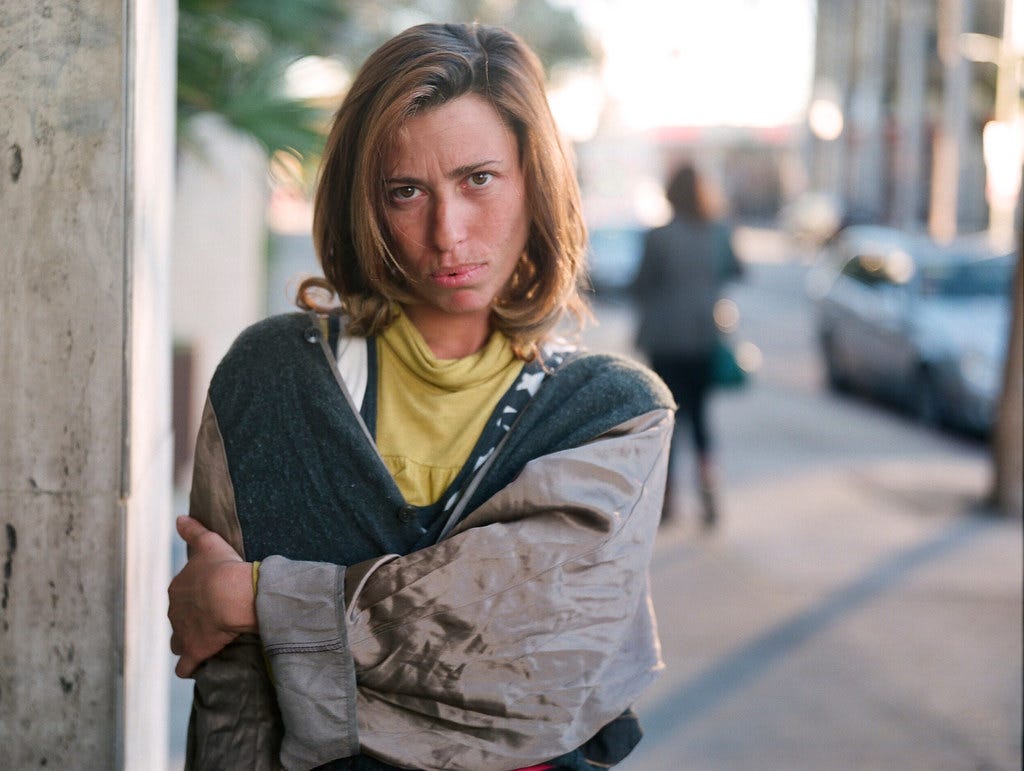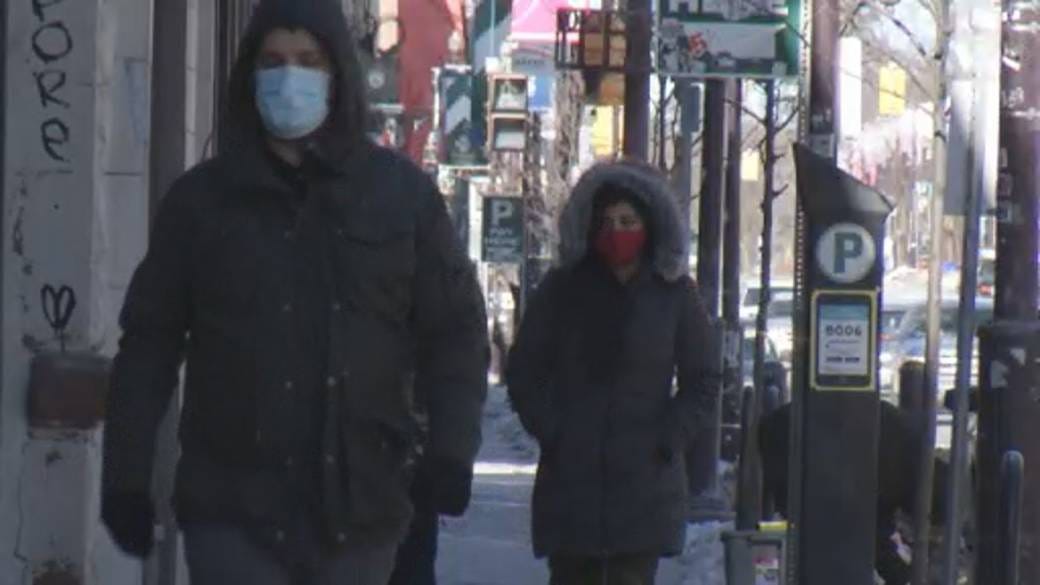It would be easy for the short-term visitor to Moscow to gain a superficial impression of the homeless problem in Moscow. A few bloggers could explore the city center but not notice any homeless in the metro or say, homeless encampments as on a dramatic scale in some American cities. Not seeing the homeless whose presence irritates them, they might rashly conclude there are no homeless or the Russian state has everything under control.
However, this is very misleading and myopic conclusion!
This is because many of the homeless just don't make themselves conspicuous. They don't all want to make themselves sitting ducks for stop and search patrols which can detain and fine them. During the 1990's the number of homeless children who had fled from orphanages and came to Moscow was staggering. It stood at tens of thousands. Despite their presence in Moscow, you couldn't see most of them during the day. This was because they were hiding from the police who they avoided because they did not want to be sent back to the orphanages where the conditions were often appalling. They tended to come out only at night. We found they had a weakness for buying ice cream—and would sneak out for a treat late at night. It is no accident that the homeless charity Nochlezhka (https://homeless.ru/en/) stated in reference to the homeless that “They are 'invisible' to the public.”
Another reason why you might not see many homeless is that many of them are constantly rounded up and dispersed from the city center. This is especially true during great celebrations such as New Years Day. Fellow homeless advocates and I often tried to feed the homeless on New Years Day, but on that day very few came. We asked the few homeless who had come to us “Where are the rest of the homeless?” They answered, “They have all been detained and taken to the police station to await being kicked out of the city.”
Another factor is that the number of homeless in an area can seem seasonal. In the spring, when it gets warmer, they all often appear to surface from nowhere. Nevertheless, you don't have to look far to find the homeless in Moscow. They tend to congregate at the three main railways stations in Moscow.
How many homeless are in Moscow is anyone's guess. According to the charity Nochlezhka there are approximately 100,000 in Moscow alone. They claim in one report that “Our calculations are based on annual statistics on deaths and hospitalizations of homeless and non-homeless residents of the city as well as Nochlezhka's internal statistics.”
Why do so many homeless as well as migrants come to Moscow? Rosstat, the main statistical body states the number of people who live in Moscow is just over 13 million while 18.8 million live in the Moscow region. It is not hard to see why people are attracted to Moscow.
In contrast to the impoverished devastated regions of Russia where there are few jobs and the pay is low, Moscow represents a robust city full of boundless and inexorable energy. There are far greater job prospects as well as a very strong infrastructure which provides better medical care and education—as well as career prospects.
Jim Vail, a teacher and journalist from Chicago is struck by how green Moscow is. Moscow is full of all kinds of parks and forests. Moscow remains an alluring city!
In a recent article a homeless person Victor Lisyanski wrote, “You ask me why am I in Moscow? Because Moscow is city full of fantastic opportunities and I take advantage of this. I feel bored and limited in the provinces. In Moscow, the homeless can get more help somewhere or other--from the state and private charities. They feed us, dress us, treat us, give us medicine and a night shelter.” When it comes to explaining the reasons why people become homeless Victor tends to 'blame the victim' citing weak character, genetics, upbringing in orphanages, mental health problems, and addictions. {See the Moscow edition of the “Metro,” 1st April 2024, “What it is to be Homeless” by Victor Lisryanski.}
His views reflect the conventional prejudices which many people hold against the homeless. In other words, there are the mistaken notions that homelessness is largely a life choice or can be explained by the pathological character of the individual. The fact that homelessness is mainly due to powerful historical and social circumstances beyond a person's control is either overlooked or scarcely acknowledged. The facts are that many homeless people are fleeing from rural villages that have no jobs, or homes or institutions where they encountered abuse is not considered. For instance, it is common to claim that the main reason for homelessness is some kind of addiction.
However, people fail to explain the root causes of this addiction which usually lies in some kind of terrible trauma they experienced when young or in early adulthood. And of course some of the main reasons for homelessness are low wages, high rent, and lack of protection from being evicted by landlords. In order to legally work in Moscow, you need to obtain special registration at an address in the city. You also need to have a work permit. Most employers refuse to employ you if you don't provide the appropriate documents such as a registered address or in some cases, a *propiska.
Now unless you have a special stamp in your passport indicating a permanent address in Moscow you are not entitled to employment, the right to medical care, a pension, social benefits, and the right to vote. This law basically 'criminalizes' the homeless! The only option for many people is to work illegally in low paid jobs where conditions are often abysmal. When some homeless people get employment on construction sites, they might not be paid at all and promptly fired. They have no protection against abusive employers {in fact, an estimated 7.87% lose their jobs due to dishonest employers}. If they lose their jobs, they can't afford the rent and end up on the streets. Then there are so many vulnerable old people who have lost their apartments because of the fraud of the black real estate agents. Being made redundant because of an economic crisis is often a reason why someone can end up on the streets.
A person can also be kicked out or evicted from his or her home by a family member {28.87%}. {For more on this, see the Annual Report 2021 by Nochlezka, published in Moscow, https://homeless.ru/en/about/}. Now some people might then claim that the person lost his home because he had 'a difficult character'. But again this person did not choose to become homeless and it is far from being a 'lifestyle choice.'
The main point is that a lot of people are homeless because they can't get access to decent work which will allow them to rent accommodation. And the fundamental causes are structural and social—not due to personal defects or shortcomings. The problem is that many of the charities which work with the homeless in Moscow don't grasp this fact and even believe homelessness is caused by the person himself.
Has the attitude to homeless people improved in Moscow? Well I think it is not as terrible as in the 1990's when the homeless were much more despised and condemned. It has improved a little. People are more aware that the reasons for homelessness are more complex. The number of charities prepared to aid the homeless have mushroomed in Moscow. There are a lot more Orthodox churches trying to aid the homeless as well as a lot of spontaneous groups which have emerged to give them aid. I dropped into the Neskrasov Library to find they offered brochures which homeless people could use to find help. In this small guide you can find a list of charity groups which provided the homeless with free food, where and when to get it, free clothes, showers to wash themselves, and aid to restore lost documents. Some organizations provide free access to the internet as well as help to find you work. All those charitable efforts are welcome.
However, the scale of the homeless problem is so huge it calls for a more radical intervention and approach from all levels of the state as well as people at a grassroots level. Charity, while well intended, welcome and imperative, is not enough. The homeless need bolder and more radical intervention which gets to the roots of problems.
Not seeing any homeless persons in Moscow would be very misleading indeed. It might make us average visitor think there are no homeless—or worse yet—that the state has delivered all the needed services and gotten those persons off the street.
However, the reality remains: homeless persons exist not just in Moscow but most everywhere. People deserve decent homes!
.
.
Editor’s note: A Russian “propiska” is defined as a “Government-issued document presented to officials on demand, identifying citizens and their authorized residence…” (https://www.countryreports.org/glossary.htm?term=internal+passport+%28propiska%29).




